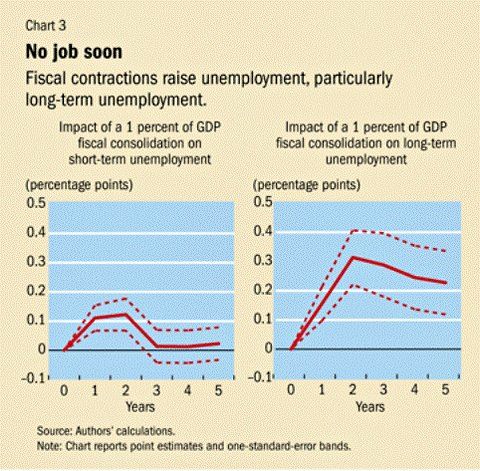Or how to cheat to win by rigging the system:
The GOP’s Genius Plan to Beat Obama in 2012
Republican state legislators in Pennsylvania are pushing a scheme that, if GOPers in other states follow their lead, could cause President Barack Obama to lose the 2012 election-not because of the vote count, but because of new rules. That’s not all: There’s no legal way for Democrats to stop them.
The problem for Obama, and the opportunity for Republicans, is the electoral college. Every political junkie knows that the presidential election isn’t a truly national contest; it’s a state-by-state fight, and each state is worth a number of electoral votes equal to the size of the state’s congressional delegation. (The District of Columbia also gets three votes.) There are 538 electoral votes up for grabs; win 270, and you’re the president.
Here’s the rub, though: Each state gets to determine how its electoral votes are allocated. Currently, 48 states and DC use a winner-take-all system in which the candidate who wins the popular vote in the state gets all of its electoral votes. Under the Republican plan-which has been endorsed by top GOPers in both houses of the state Legislature, as well as the governor, Tom Corbett-Pennsylvania would change from this system to one where each congressional district gets its own electoral vote. (Two electoral votes-one for each of the state’s two senators-would go to the statewide winner.)
Some Republicans in the House see a downside to this thus hitting a snag:
With next year’s presidential election expected to be hard-fought, even sapping some electoral support from Barack Obama in Pennsylvania could have a major impact on the national results. But to several Republicans in marginal districts, the plan has a catch: they’re worried that Democrats will move dollars and ground troops from solid blue districts to battlegrounds in pursuit of electoral votes – and in the process, knock off the Republicans currently in the seats.
Suburban Philadelphia Reps. Jim Gerlach, Pat Meehan and Mike Fitzpatrick have the most at stake, since all represent districts Democrats won in the last two presidential elections. They and the rest of the Republicans in the delegation are joining with National Republican Congressional Committee officials to respond and mobilize against the change.
“Any proposed change to the election laws shouldn’t be done under the radar,” Fitzpatrick told POLITICO. “If every vote matters, everyone should have a chance to discuss this.”
State GOP chairman Rob Gleason is also opposed to the plan.
As David Nir at Daily Kos points out the electoral college is unfair as it is but there is a solution:
(T)he only way to fight back is to push for the national popular vote, something which can be achieved via an interstate compact between states. The states in the compact would all award their EVs to the winner of the national vote, but the law would only take effect once enough states signed on (i.e., states with 270 electoral votes between them). Several states have already signed on (including big boppers like California and Illinois), and this way, no constitutional amendment is necessary.
If the GOP presses forward with their Pennsylvania plan, we’ll have to respond somehow, and I think the national popular vote is the best plan.
As John Aravosis at AMERICAblog notes:
If the Democrats tried this, the Republicans would be rioting in the street. They’re quite literally trying to steal the presidential election. How will the Democrats respond? The word feckless comes to mind.
Uh. Yup



Recent Comments